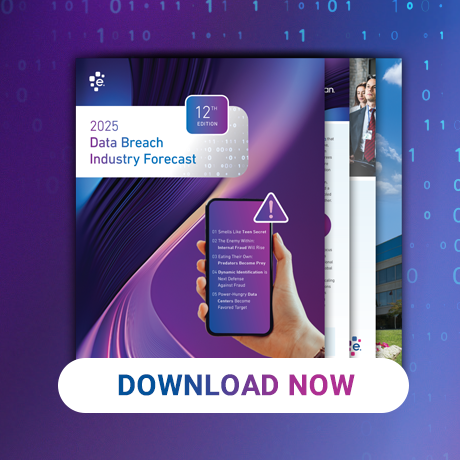By: Kenneth Pruett
I really thought I was going to be on easy street after receiving two emails in less than a week. The first email was telling me about some long lost relative in the UK who passed away over 10 years ago. His riches, which were over $20million dollars, would be forfeited to the government if an heir to the fortune did not claim the money. I was impressed how they figured out that I was the long lost “heir” to this millionaire just by looking at my email address. They also identified me specifically by calling me by name, “Dear Sir”. The other email was a bit more intriguing. It involved a suitcase full of money. This was sent to me by a woman, who was in an abusive relationship but somehow had a chest full of money in America. For a certain % of the money, she was willing to pay me for my efforts to help her gain access to the suitcase and its contents.
I am still surprised at just how many people fall victim to these types of email scams. They have been going on for quite some time, commonly known as the Nigerian 419 scam. I have noticed that the emails have changed a bit and seem to have become more convincing. The scammers also seem to be a bit more patient and work harder to gain the victims confidence in the legitimacy of the transaction.
Individuals who give their information to these scammers will soon find out what a big mistake they have made. The goal of these groups is to gain access to a consumer’s money. They also will attempt to gather personal and banking information. Some victims of these scams may end up having their identity stolen.
If they do attempt to use the identity information, they will typically make multiple attempts in a short period of time to establish credit. One way to help fight this type of organized fraud ring activity is to use velocity checks to track data elements. For example, a bank may want to know if a Social Security number has been used more than once within a certain period of time.
Fraud analytic studies have also found that tracking data elements across multiple customers can also be very predictive in preventing fraud tied to identity theft rings. Elements often tracked are things like addresses, Social Security numbers and phone numbers.
If these scammers attempt to take over consumers current bank accounts, they may attempt to change the address and possibly the phone number on the account. This is to prevent the true consumer from getting a phone call or mail relating to their account changes. Before making these changes, many entities often send out letters or make calls to the prior information before officially making these changes in their systems. One other way to protect against account take over is to run the address and/or phone number against database of known frauds. A National Fraud Database can be helpful in identifying addresses that have been used in previous fraud activity.
The Nigerian 419 scams will continue to be a problem. The need for money is just too great for some people to resist. For Banks, Card issuers, and Credit Unions, it is wise to put tools in place to help fight identity theft. This scam only represents a sample of the various fraudulent groups out there who make their living by ripping off these types of businesses.
As I often say to my customers… I have done about everything in the fraud space, except commit it, which is the most profitable area. Good luck in your efforts to help us fight this ongoing problem.


